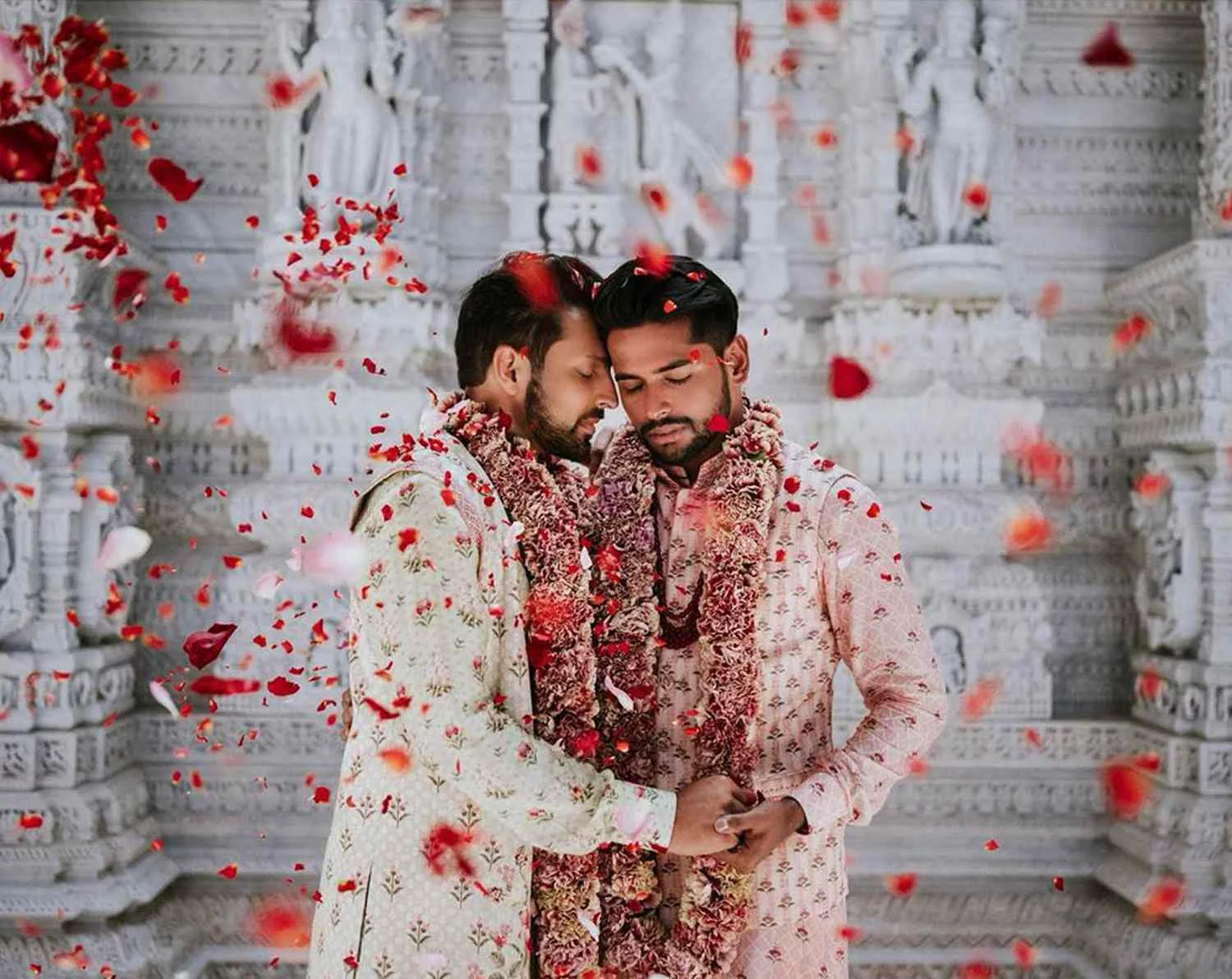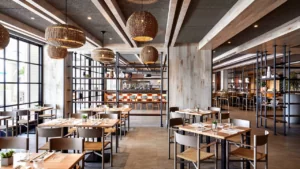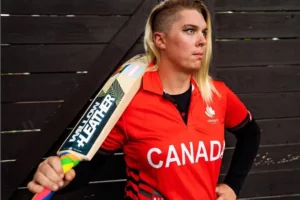First and foremost, there is nothing wrong with being single. You will be able to concentrate on personal development, career, etc, which you could accomplish better when you are not in a committed relationship with someone else. However, if you genuinely want to be in a serious relationship, being single despite your best efforts might be very disappointing.
So, even if you’ve been actively pursuing committed relationships, here are some possible reasons why you’re still single:
- Refusing to put oneself out there:
If you’re sitting at home by yourself, thinking that apps would magically make everything happen for you, here’s a reality check: you may be approaching it incorrectly. Consider becoming a member of a gay league or attending more LGBTQ+ events. Socialising increases your chances of meeting someone with whom you can connect.
- Being overly independent:
Let’s be clear: independence is a good thing. Being overly self-sufficient and fixed in your ways, on the other hand, may leave little room for someone else in your life. While avoiding co-dependency is critical, striking a balance that allows for shared experiences and growth with a possible partner is as critical.
Read More: LIC says, “Same-sex partner nomination for insurance policy? Completely LEGAL.”
- You’re putting in too much effort:
When you’re attempting to date seriously, there’s a strange irony. You must put yourself out there and be willing to meet new people. At the same time, you can’t devote your entire life to finding your THE ONE. You put too much emphasis on dating when you do this. Your whole well-being is intertwined with your relationship situation. This makes it incredibly difficult to genuinely date.
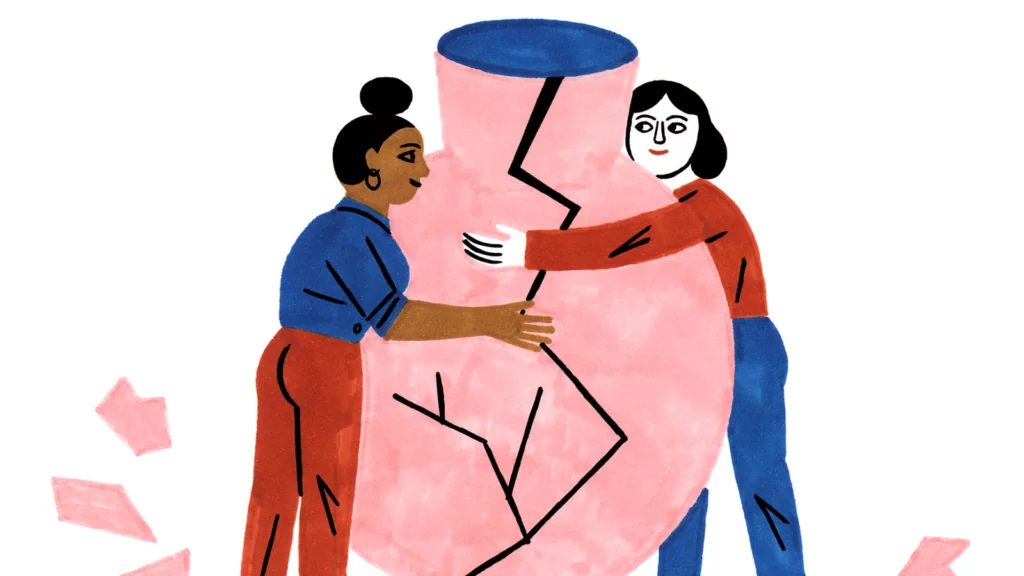
- Suffering from self-pity:
Self-pity is not exclusive to LGBTQ folks; it is a feeling shared by all singles. Having said that, the prevalence of “Poor me! “How am I still single?” posts appear to be more common in the LGBT community than in heterosexual circles.
- In search of love in the wrong places:
Finding love isn’t often an upside of apps like Grindr, though there are exceptions. Platforms like Tinder may provide better opportunities for people looking for a more serious relationship. Furthermore, venturing outside of bars, such as LGBTQ meet-up groups and community service projects, can connect you with folks who share your interests and values.
Read More: Indian Doctor Plans World’s First Womb Transplant to Allow Transwoman Carry a Baby
- Having a (insane) checklist:
Desiring a highly educated companion who is gorgeous, funny, caring, understanding, has a nice relationship with their parents, a strong buddy group, makes more than a million bucks per year is a long list. While an individual like this would be ideal, it is critical to remain realistic. Finding someone who ticks all the boxes might be difficult, therefore prioritises and expectations should be evaluated. After all, compatibility frequently extends beyond a checklist.
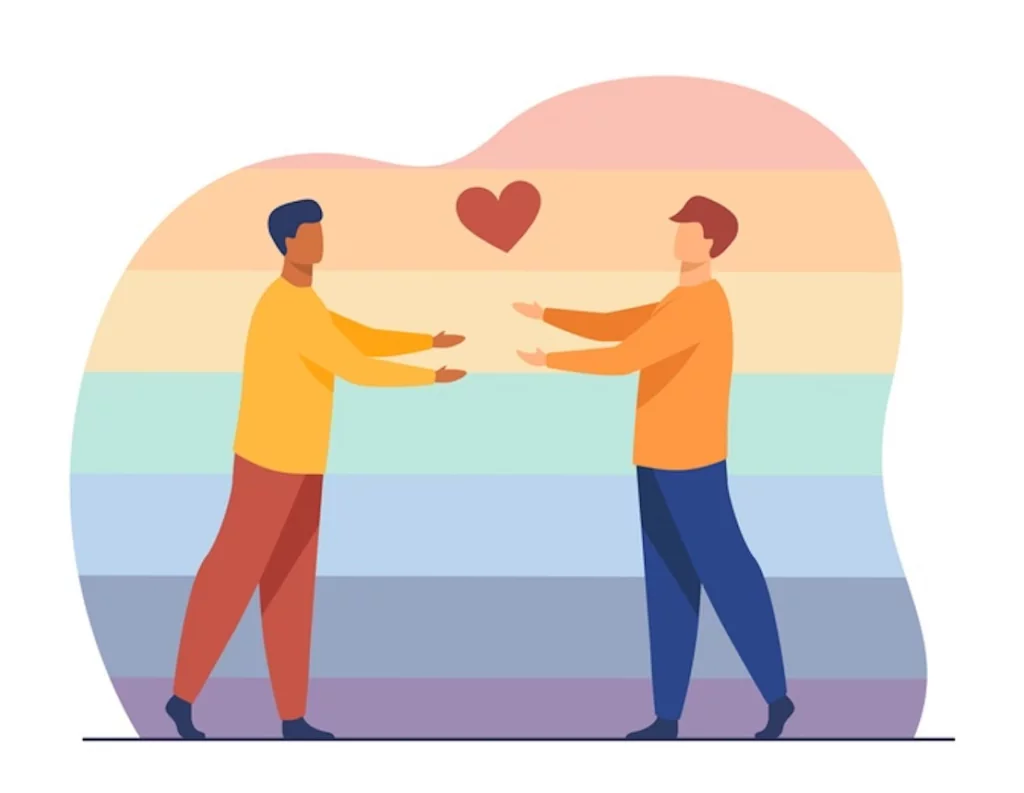
- Having a lot of casual partners:
The definition of “too many” casual partners differs from person to person. Some people can date a few people casually while actively pursuing more serious and committed relationships. For others, however, an abundance of casual partners might hinder their pursuit for a more significant relationship.
- Trying to rush the relationship:
The desire to find a companion may lead to a tendency to rush into relationships. While the excitement is understandable, hurrying the relationship might result in an intense connection that fades as fast as it began. It’s critical to create a balance between enthusiasm and letting the connection develop naturally.
- Love the idea of them but not the person:
It’s typical to fantasise about having a partner rather than actually interacting with the person. As a result, you may date someone for a short time before ending the relationship since you realise the person isn’t a good fit for you. It’s critical to distinguish between the concept of having a partner and finding someone with whom you truly connect.

- Feeling unworthy of love:
It’s critical to acknowledge your built-in need for love. Perfection is unattainable, yet everyone can improve in some areas. While striving for personal improvement is important, it’s also important to recognise that, unless you actually engage in inappropriate conduct, you are deserving of love.
- Rejection anxiety:
Individuals who battle with emotions of unworthiness or low self-esteem frequently have a deep dread of rejection. This anxiety might paralyse them, stopping them from putting themselves in circumstances where they might meet a romantic partner. Overcoming this anxiety involves recognising one’s own worth and accepting the potential of meaningful connection.
- Homophobia that has been internalised:
There could be unresolved difficulties or unacknowledged doubts about identifying with the community lurking at the back of your head. These subtle doubts may be restricting the possibility of building close ties with other individuals. It is critical to acknowledge and handle these feelings in order to have a more real and rewarding relationship with oneself and possible partners.
- Negative attitudes towards committed relationships:
If you believe that committed relationships are only for dull, straight people and that being queer demands multiple sexual experiences, you may find it difficult to pursue a more meaningful and serious relationship. This way of thinking may be representative of some clichés. Overcoming these misconceptions is critical for allowing for a deeper and more rewarding connection.
- Intimacy anxiety:
Many LGBTQ folks find it difficult to open up and be real with people after spending quite a bit of their younger years hiding their actual identities. This problem often shows up as a fear of intimacy, preventing the development of intimate ties.
- Inability to compromise:
While it is critical not to compromise on essential beliefs and ideals, becoming obsessive about each choice can be harmful. Recognise the difference between non-negotiables and minor details that aren’t dealbreakers. It’s ridiculous to expect someone to share all of your preferences and dislikes. Being willing to compromise on the less important areas of a relationship builds understanding and flexibility without jeopardising your core ideals.
Want more help? Check out this book that will help you navigate the issues of putting yourself out there!
